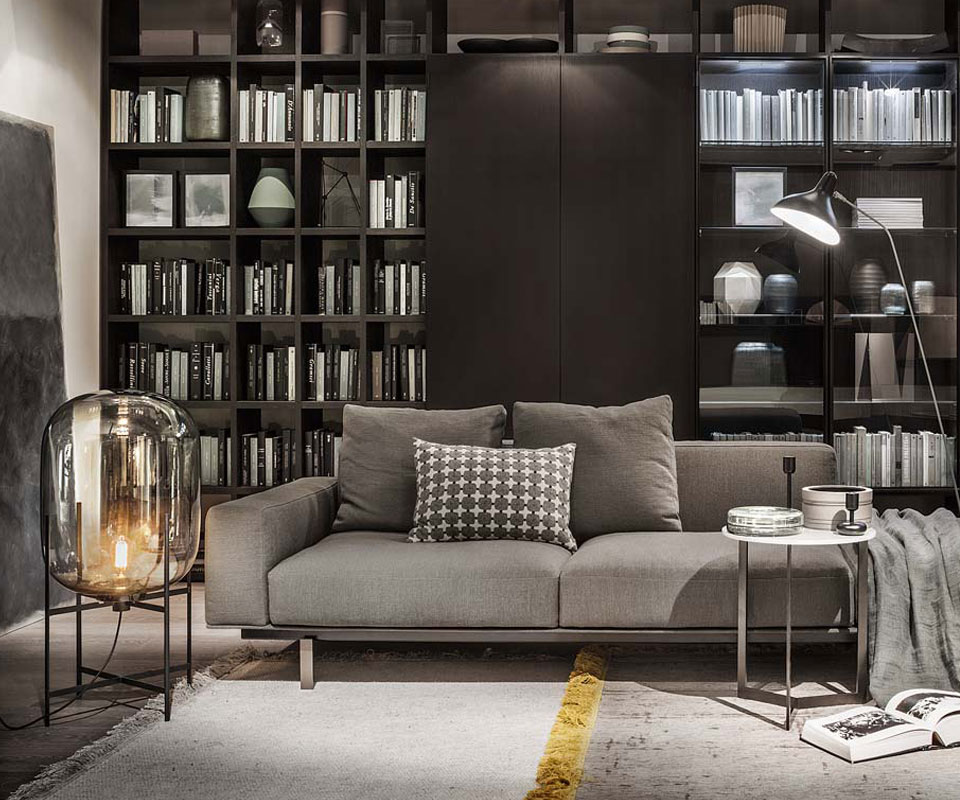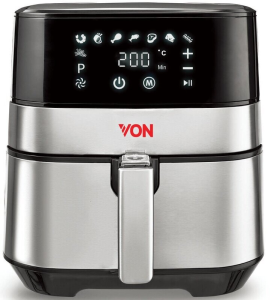
Contemporary furniture design continuously evolves to reflect changing lifestyles, technological advancements, and cultural influences. From innovative materials to experimental forms, contemporary furniture in Dubai trends pushes the boundaries of creativity and functionality.
Sustainable materials:
With a growing awareness of environmental issues, sustainable materials are at the forefront of contemporary furniture design. Designers are increasingly opting for eco-friendly materials such as reclaimed wood, bamboo, recycled plastic, and responsibly sourced leather. These materials reduce environmental impact and also add a unique character and texture to furniture pieces.
Modularity and versatility:
Modularity and versatility are key trends in contemporary furniture design, catering to the vigorous and multifunctional needs of modern living spaces. Modular furniture pieces, such as sectional sofas, modular shelving systems, and adaptable dining tables, can be rearranged and reconfigured to suit different layouts and purposes, offering flexibility and versatility.
Minimalist aesthetic:
The minimalist aesthetic remains a dominant trend in contemporary furniture design, characterized by clean lines, simple forms, and uncluttered spaces. Minimalist furniture pieces focus on functionality and essentialism, with an emphasis on quality craftsmanship and timeless design. Neutral color palettes, such as whites, grays, and blacks, contribute to the understated elegance of minimalist interiors.
Biophilic design:
Biophilic design integrates elements of nature into interior spaces, promoting health, well-being, and connection with the natural land. Contemporary furniture designers are incorporating organic shapes, natural materials, and botanical motifs into their creations to evoke a sense of tranquility and harmony. Biophilic furniture designs, such as sculptural wooden chairs, live edge tables, and plant-inspired lighting fixtures, blur the boundaries between indoor and outdoor environments.
Smart and tech-integrated furniture:
As technology becomes increasingly integrated into daily life, contemporary furniture design embraces smart features and tech integration. Furniture pieces with built-in charging stations, wireless connectivity, and adjustable settings offer convenience and functionality. Smart furniture designs consider user experience and connectivity, improving comfort, efficiency, and connectivity in modern living spaces.
Bold colors and textures:
While minimalism prevails, contemporary furniture design also embraces bold colors and textures to add visual interest and personality to interiors. Vibrant hues, such as jewel tones, earthy neutrals, and pops of primary colors, inject energy and warmth into contemporary spaces. Textured fabrics, such as velvet, bouclé, and suede, create tactile experiences and elevate the sensory appeal of furniture pieces.

